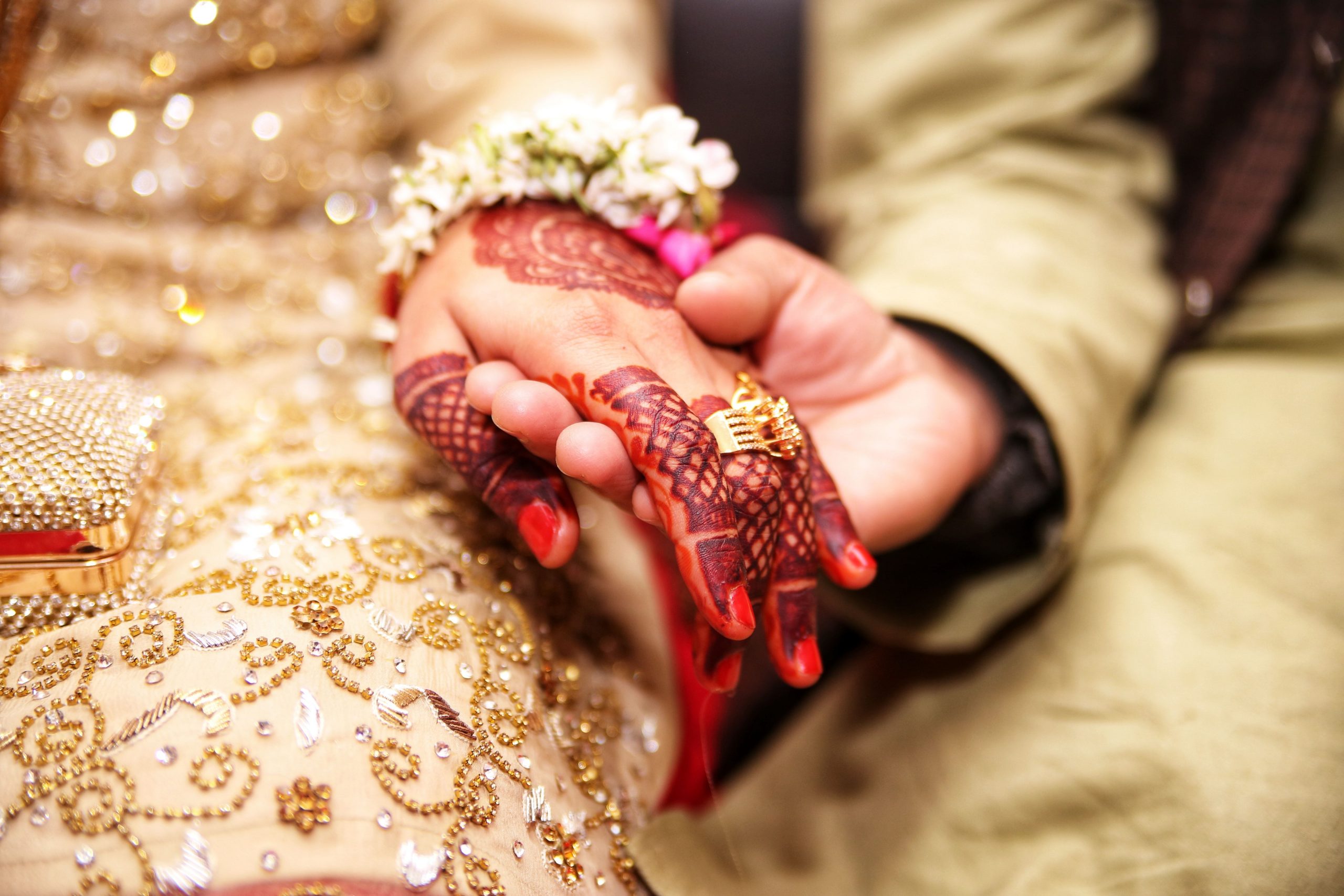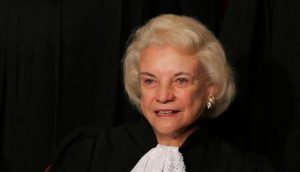The Union Cabinet decided to raise the legal age of marriage for women from 18 to 21 years on Wednesday. Men must be 21 years old to marry legally.
With this decision, the government would bring the marriage age for men and women to the same level.
Need for a minimum age of marriage
The law establishes a minimum age for marriage in order to effectively prohibit child weddings and protect children from abuse.
Personal rules dealing with marriage in many religions have their own criteria, which are generally based on custom.
For Hindus, the Hindu Marriage Act of 1955 stipulates that the bride must be 18 years old and the groom must be 21 years old. The marriage of a minor who has reached puberty is considered acceptable in Islam.
Also read: Cabinet clears proposal to raise minimum age of marriage for women from 18 to 21
The Special Marriage Act of 1954 and the Prohibition of Child Marriage Act of 2006 both provide that women and men must be 18 and 21 years old, respectively, to consent to marriage. These laws are anticipated to be changed in order to implement the new marriage age.
Reason for re-examination of the minimum age of marriage
For a variety of reasons, including gender neutrality, the Narendra Modi government decided to revisit the age of marriage for women. Early marriage and, as a result, early pregnancies have an impact on mothers’ and children’s nutritional levels, as well as their overall health and mental well-being. It also has an effect on the Infant Mortality Rate and Maternal Mortality Rate, as well as the empowerment of women who are denied access to school and livelihood due to early marriage.
Also Read | Child marriage on the rise in Afghanistan: UNICEF official
Child marriage has decreased slightly in the country, from 27% in 2015-16 to 23% in 2019-20, according to the newly released National Family Health Survey (NFHS), but the government has been striving to reduce it even more.
Role of Jaya Jaitly committee
Headed by former Samata Party president Jaya Jaitly, the committee also had on board NITI Aayog member Dr V K Paul, and secretaries of several ministries.
Also read: Taliban bans marriage of women by ‘coercion or pressure’ in Afghanistan
The Ministry of Women and Child Development established the task force in June 2020 to investigate the relationship between the age of marriage and concerns such as women’s nutrition, anaemia prevalence, IMR, MMR, and other social indices.
The committee was to investigate the possibility of raising the marriage age and the implications for women’s and children’s health, as well as how to improve women’s access to education.
The committee was also expected to recommend a schedule for the government to adopt the policy, as well as the changes that would need to be made to current legislation to make this possible.
The committee recommendations
Based on feedback from young adults from 16 universities across the country, the committee has proposed that the marriage age be raised to 21 years. Over 15 non-governmental organisations (NGOs) were also enlisted to reach out to young adults in remote areas and marginalised communities.
According to committee members, input was solicited from young people of all faiths, as well as from both rural and urban areas.
The committee also requested that the government look into expanding females’ access to schools and universities, as well as their transportation to these institutions from remote places. Skills and business training, as well as sex education in schools, have also been proposed.
Also Read | From 293 in 2015 to 785 in 2020: India sees uptick in child marriages
The committee stated that these deliveries must come first since the law will not be as effective unless they are implemented and women are empowered.
The group also advised that a huge public awareness campaign about the rising age of marriage be launched, as well as social acceptance of the new rule, which they believe would be far more effective than coercive methods.
Criticism of raising the marriageable age for women
Increases in the age of marriage for women have been opposed by child and women’s rights advocates, as well as population and family planning specialists, on the grounds that such legislation would force a huge section of the population into illicit marriages.
They argue that child weddings persist in India despite the legal age of marriage for women being kept at 18 years, and that the decrease in such marriages is due to increased girl’s education and employment prospects rather than the current law.
According to them, the law would be coercive and would disproportionately affect marginalised people, such as Scheduled Castes and Scheduled Tribes, making them lawbreakers.
The women’s wing of the Muslim League also appealed to the Prime Minister to not raise the legal marriage age claiming that it will give way to “live-in relationships” and “illegitimate relations”.
Also Read | Children going to school while elders WFH: Supreme court slams Delhi government on air pollution
Attempts to raise the marriageable age of women, she added, were unfair instead of enforcing the Prohibition of Child Marriages Act 2006 in text and spirit.
“At the current age of marriage for women and men, we find that implementation of the child marriage law is very hard. So there is no basis to increase it to 21. If the concern is that there should be fewer pregnancies or to avoid early pregnancies among young girls, there are different ways to address that,” said lawyer Madhu Mehra in an interview to The Hindu.







